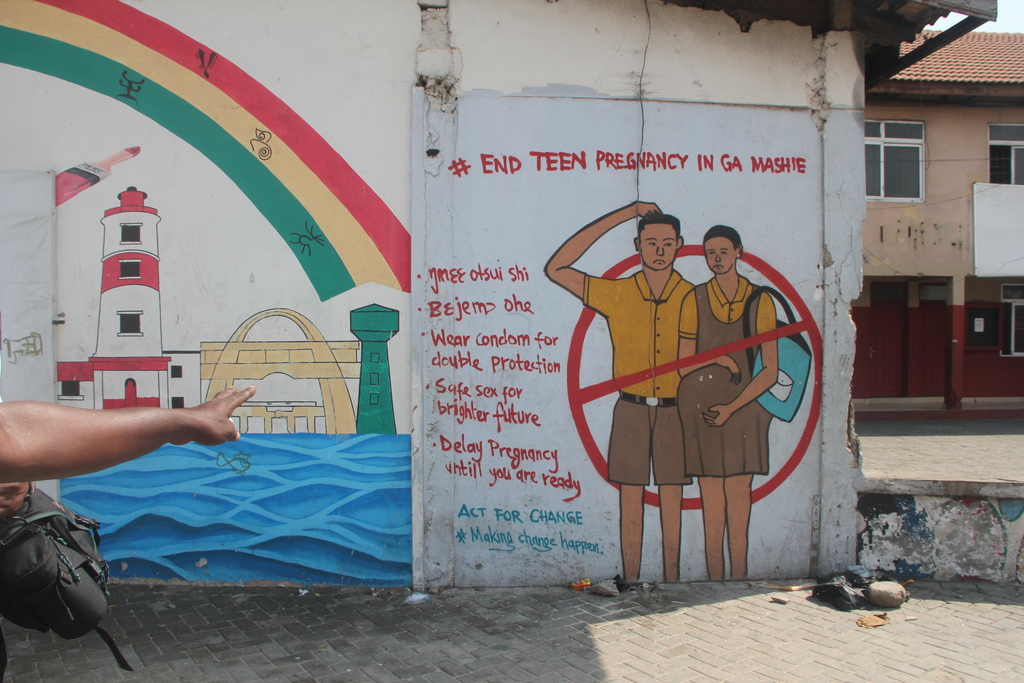
Story by Remo Kurka - Jamestown, one of Accra’s oldest quarters, has long been more than a fishing community. It was a political and social crucible, a place where Ghana’s independence was fought for, debated, and ultimately won. From the colonial era to the present day, Jamestown has stood as a witness to history.